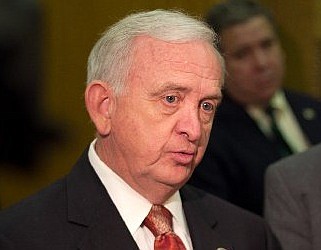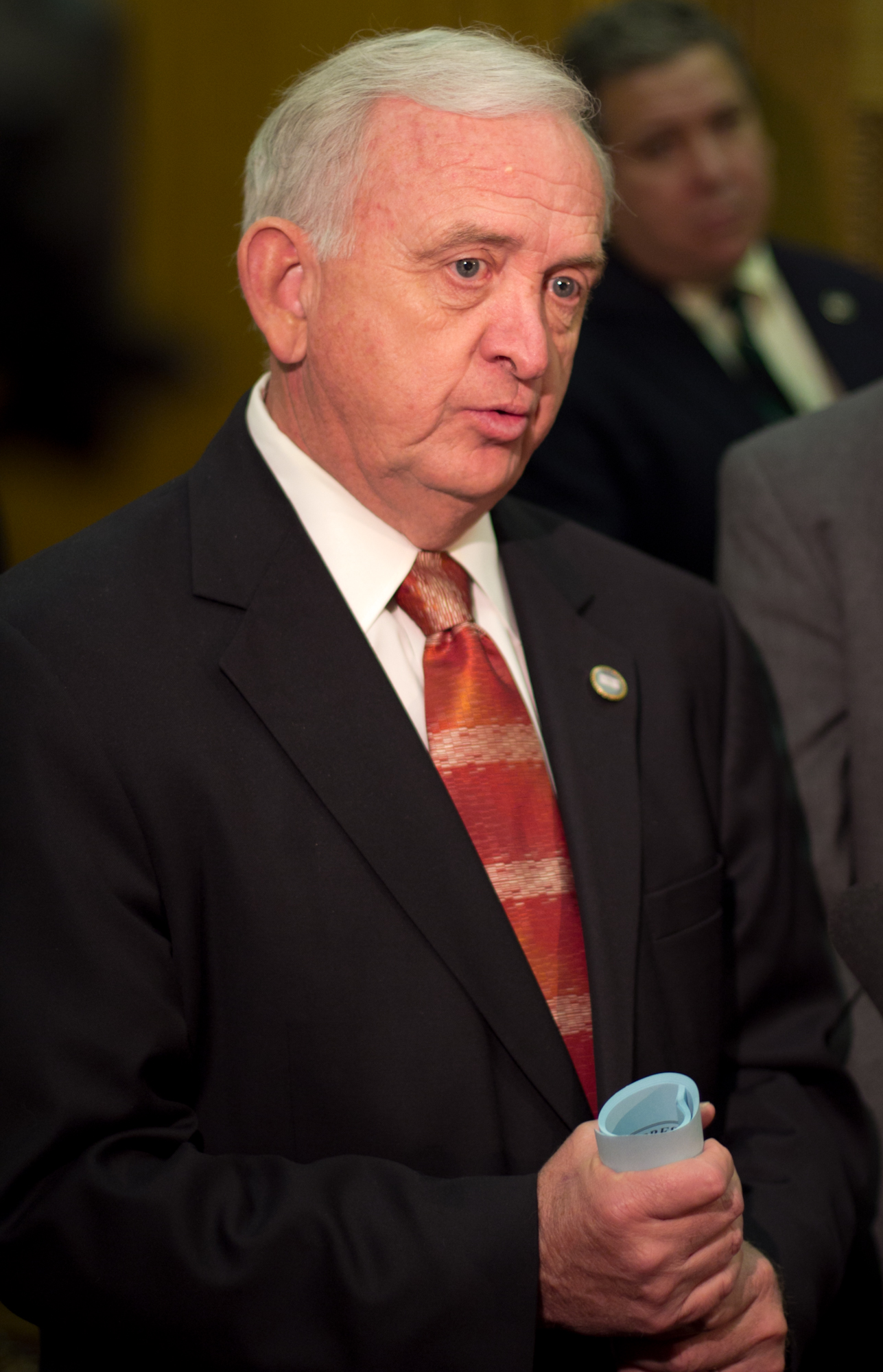NASHVILLE -Tennessee Education Commissioner Kevin Huffman is opposing calls by some teachers and state lawmakers to delay using new evaluation scores to gauge educators' effectiveness.
The skeptics say the annual evaluation system, especially its classroom observation component, is helping send educators' morale crashing in a state that won a $500 million federal Race to the Top grant last year. They are asking for a year's delay in any negative consequences for teachers who get low scores.
In an interview Friday, Huffman said the system "isn't perfect," but that's no reason not to move forward.
"We have a system that is better than what we had before. Why would we not be excited to use something that is better?" Huffman said. He said any problems with the classroom-observation component can be solved through minor "tweaks."
The new evaluation method aims to transform teacher effectiveness. Evaluations rely half on student achievement, as measured by test scores or other data, and half on annual classroom observations.
The TEAM evaluation program produces four evaluations a year, based largely on observations of teachers at work with students. New teachers undergo six visits.
Before, tenured teachers were required to be evaluated only twice in 10 years.
Some educators say the classroom observation portion and its 72-point checklist of things teachers must do or cover in lesson plans can be confusing, time-consuming and unevenly applied.
Signs of frustration and alarm were on display last week in the state House Education Committee as members delved into complaints about the classroom observation portion.
Education Committee Chairman Richard Montgomery, R-Sevierville, expressed hope that "there's not one teacher ... who loses their job this year over evaluation. That's my goal, and I don't think they should because this is a learning process."
Lawmakers passed reforms under Democratic Gov. Phil Bredesen in 2010, including objective student achievement scores and the subjective classroom observation component to help with Tennessee's Race to the Top application.
The reform included the evaluation scores in the definition of ineffective teaching when local schools make personnel retention decisions.
This year, lawmakers passed a measure applying the evaluations to tougher tenure requirements for new teachers. It doesn't apply to teachers who received tenure prior to July 1. But the expanded definition for ineffectiveness could, critics say.
Democrats tried and failed to persuade Republican Gov. Bill Haslam and majority GOP lawmakers to hold off on the plan for at least a year.
"This has turned Tennessee education on its heel," House Democratic Leader Craig Fitzhugh of Ripley said Wednesday.
LOUD AND CLEAR
Lawmakers said they are hearing plenty from teachers at home .
Last week, Rep. John Forgety, R-Athens, a former McMinn County schools superintendent, told Huffman, "We have some very, very good people who are in a great deal of angst" as a result of the evaluations.
Rep. Jim Coley, R-Bartlett, a Shelby County teacher, described how a colleague with more than 30 years' teaching experience grappled for hours over a required lesson plan. Finally, Coley said, the teacher broke down weeping and "urinated on himself."
"I think teaches are more demoralized than I've ever seen them," Coley said
Tennessee Education Association lobbyist Jerry Winters, whose group represents 52,000 teachers and other educators, said they are worried about "having to jump through a whole bunch of hoops and ... spend countless hours developing lessons plans for an evaluation process they have no faith in."
"We're going to lose dozens if not hundreds of excellent teachers to participate in what many of them are calling a dog-and-pony show," he said.
The 5,000-member Professional Educators of Tennessee is often at odds with TEA, but not this time.
Professional Educators of Tennessee official Tim Childers told lawmakers it's "imperative" to assess teachers and administrators, but he isn't happy with how he sees the TEAM evaluations playing out.
"What should have been a simple process became a literal nightmare as teachers I know personally within our district reported loss of sleep, vomiting from extreme nervousness and even stress-related shingles," said Childers, a Bradley County Schools technology coach.
"MEANINGFUL FEEDBACK"
Huffman said the system's goal "is to provide meaningful feedback to every teacher every year."
He said his department believes the new evaluation system "is already improving instruction. Superintendents overwhelmingly believe changes in evaluation have made a meaningful difference in the classroom."
Huffman said because tenure acquisition has been changed from a three to five-year process, this year's results won't apply to new teachers.
To critics' argument that it's unfair to use this year's scores to gauge existing teachers' effectiveness, Huffman said that "what they're saying is let's tell districts that they're not allowed to use it. Because personnel decisions are in the hands of [local schools] to begin with. They're not state decisions.
"So why would we tell a school district, 'Hey, you're not allowed to use this tool if you think it's a valuable tool to use?'" Huffman said.

